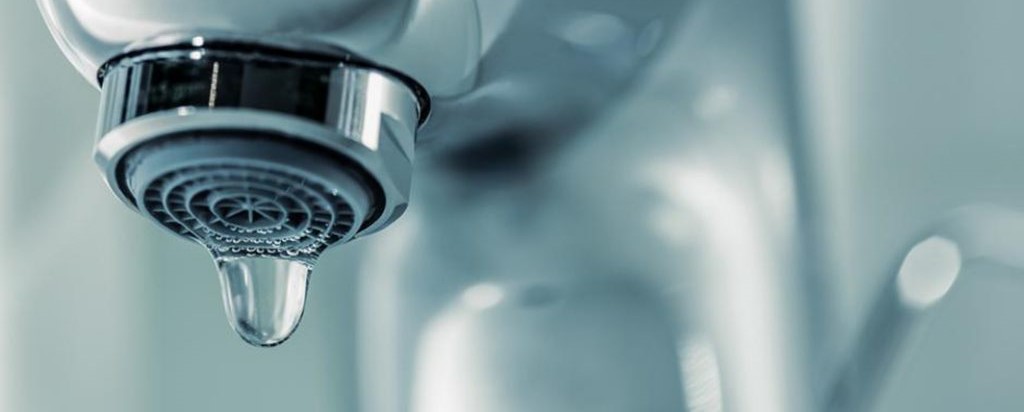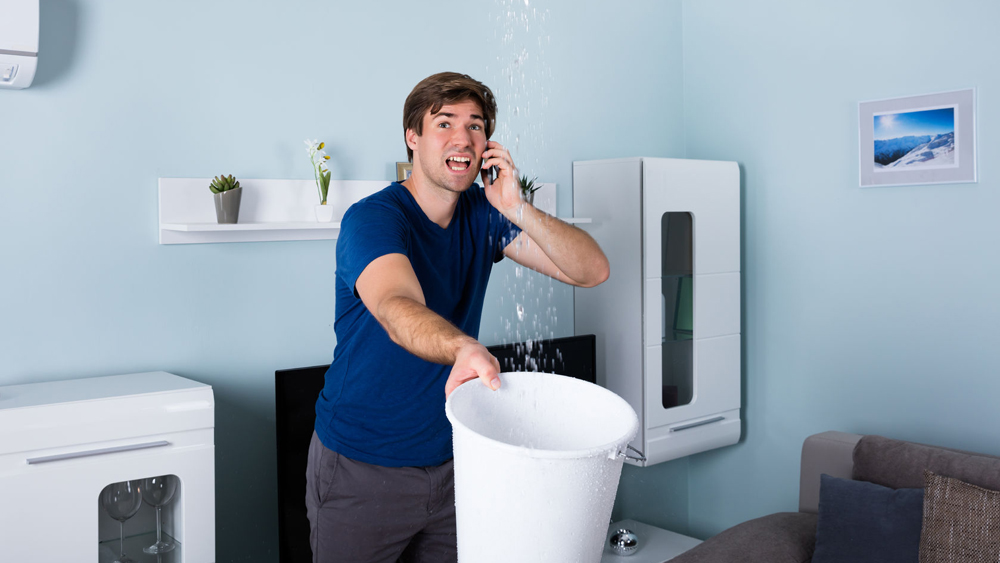Your House's Common Frequent Leak Triggers: Analysis
Your House's Common Frequent Leak Triggers: Analysis
Blog Article
The author is making a number of good points on How to Find Water Leaks in general in the content below.

Leakages not only create waste of water yet can additionally trigger unnecessary damages to your home as well as advertise unwanted organic development. By looking as well as recognizing for day-to-day situations that cause leaks, you can protect your home from future leaks as well as unnecessary damages.
Elbowing in roots
Many water leaks start outside your home as opposed to inside it. If you observe an unexpected decline in water stress, claim in your faucet, require time to head out as well as analyze your lawn. You may discover wet spots or sinkholes in your backyard, which might imply that tree origins are getting into water lines causing water to leak out. You can have your plumber look for invasion, specifically if you have trees or shrubs near your home.
Rusty water supply
As time passes by, your plumbing system ages as well as rust such as corrosion might begin gnawing the pipes. This may be the source of staining or bending on your pipes. This asks for an inspection with your plumber immediately. Think about replacing the pipelines considering that they are at a higher risk of corrosion than the more recent versions if our plumbing system is old.
Faulty Pipeline Joints
The point at which your pipes attach is frequently the weakest link in the waterline. Pipeline joints can wear away in time, leading to water leakages. The bulk of pipeline joints are not conveniently visible. If you have noisy pipes that make ticking or banging noises, particularly when the warm water is switched on, your pipeline joints are most likely under a great deal of pressure. It is a good idea to have your plumber check your system yearly.
Instantaneous temperature level modifications.
Severe temperature changes in our pipes can trigger them to broaden and also get all of a sudden. This expansion and contraction may cause cracks in the pipelines, specifically if the temperature level are listed below cold.
Poor Water Connectors
At times, a leak can be created by loose pipes and pipes that provide your appliances. In situation of a water links leak, you may see water running directly from the supply line or puddles around your home appliances.
Obstructed Drains
Clogged drains may be irritating as well as inconveniencing, however they can occasionally wind up causing an overflow resulting in burst pipes. Keep removing any products that might decrease your drains that can block them to prevent such inconveniences.
All the above are causes of leaks however not all water leaks arise from plumbing leaks; some leakages may originate from roof covering leaks. All leaks should be fixed right away to prevent water damage.
Leaks not only cause waste of water but can additionally create unnecessary damage to your home and also promote unwanted natural growth. By comprehending and looking for daily scenarios that cause leaks, you can shield your home from future leaks and also unneeded damages. Today, we will look at six leak triggers that might be creating your pipelines to trickle.
At times, a leakage can be caused by loose hoses as well as pipes that supply your home appliances. In instance of a water connections leak, you may discover water running straight from the supply line or pools around your home appliances.
How To Check For Water Leak In Your Home
How To Check for Leaks
The average household's leaks can account for nearly 10,000 gallons of water wasted every year and ten percent of homes have leaks that waste 90 gallons or more per day. Common types of leaks found in the home are worn toilet flappers, dripping faucets, and other leaking valves. These types of leaks are often easy to fix, requiring only a few tools and hardware that can pay for themselves in water savings. Fixing easily corrected household water leaks can save homeowners about 10 percent on their water bills.
To check for leaks in your home, you first need to determine whether you're wasting water and then identify the source of the leak. Here are some tips for finding leaks:
Take a look at your water usage during a colder month, such as January or February. If a family of four exceeds 12,000 gallons per month, there are serious leaks.
Check your water meter before and after a two-hour period when no water is being used. If the meter changes at all, you probably have a leak.
Identify toilet leaks by placing a drop of food coloring in the toilet tank. If any color shows up in the bowl after 10 minutes, you have a leak. (Be sure to flush immediately after the experiment to avoid staining the tank.)
Examine faucet gaskets and pipe fittings for any water on the outside of the pipe to check for surface leaks.
Undetected water leaks can happen without the home or business owner even realizing. If you suspect a water leak, but not able to find the source. It is time to contact a professional water leak detection service, The Leak Doctor.
How To Find a Water Leak In Your Home
https://www.leakdoctor.com/blog/How-To-Check-For-Water-Leak-In-Your-Home_AE197.html

As a person who reads on How Fast Water Damage Can Ruin Your Home, I think sharing that section was appropriate. Don't hesitate to set aside a second to distribute this content if you liked it. We cherish reading our article about How to detect water leaks in your home.
Professional approach assured. Report this page